Top 10 Foods Rich in Magnesium
Magnesium is an essential mineral that plays a crucial role in over 300 biochemical reactions in the human body. It is involved in processes such as energy production, protein synthesis, and muscle and nerve function [[1]]. A deficiency in magnesium can lead to symptoms like muscle cramps, fatigue, and irregular heartbeat. To ensure you’re getting enough magnesium in your diet, consider incorporating these top 10 magnesium-rich foods.
Dark Leafy Greens
Dark leafy greens like spinach, kale, and Swiss chard are excellent sources of magnesium. One cup of cooked spinach provides 157 mg of magnesium, which is 39% of the recommended daily intake (RDI) [[2]]. These greens can be easily added to salads, smoothies, or sautéed as a side dish.
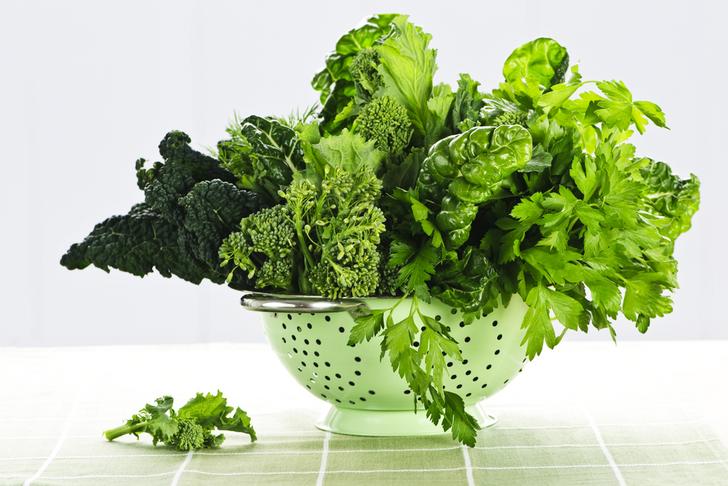
Advertisement
Nuts and Seeds
Nuts and seeds are not only a great source of healthy fats and protein but also rich in magnesium. Almonds, cashews, and peanuts are particularly high in magnesium, with a one-ounce serving providing between 19-25% of the RDI [[2]]. Pumpkin, sunflower, and chia seeds are also good sources of magnesium.
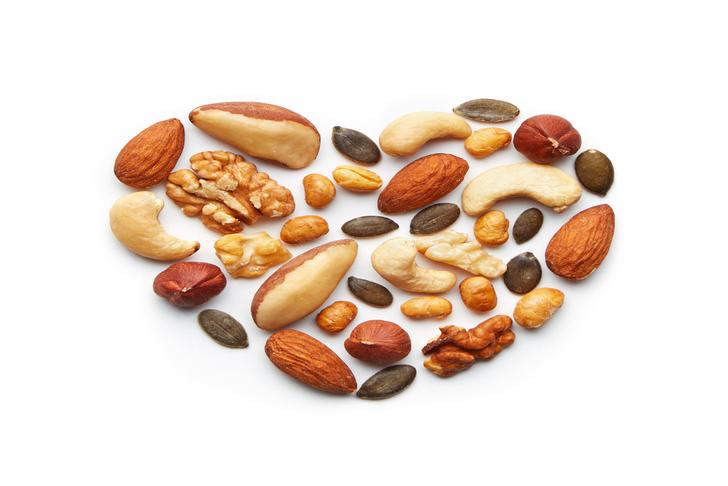
Advertisement
Whole Grains
Whole grains like brown rice, quinoa, and whole wheat bread are packed with magnesium. One cup of cooked brown rice contains 86 mg of magnesium, or 21% of the RDI [[2]]. Incorporating whole grains into your diet can help improve digestion and provide a steady source of energy.
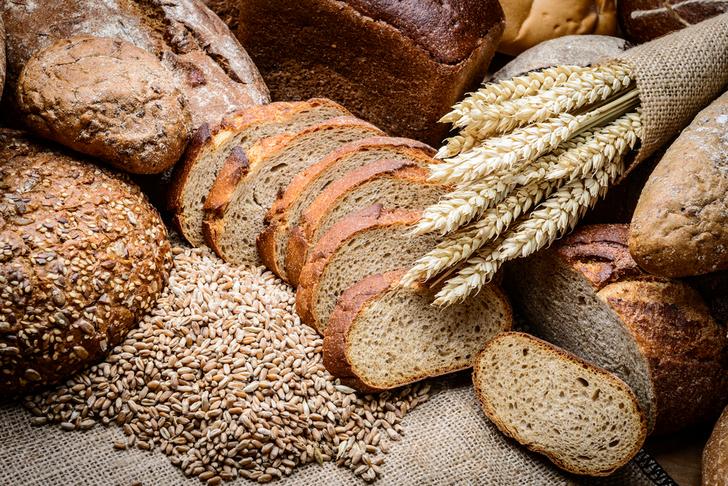
Advertisement
Legumes
Legumes, such as beans, lentils, and chickpeas, are high in magnesium and other essential nutrients like fiber and protein. One cup of cooked black beans provides 120 mg of magnesium, or 30% of the RDI [[2]]. Legumes can be added to soups, salads, or used as a base for veggie burgers.
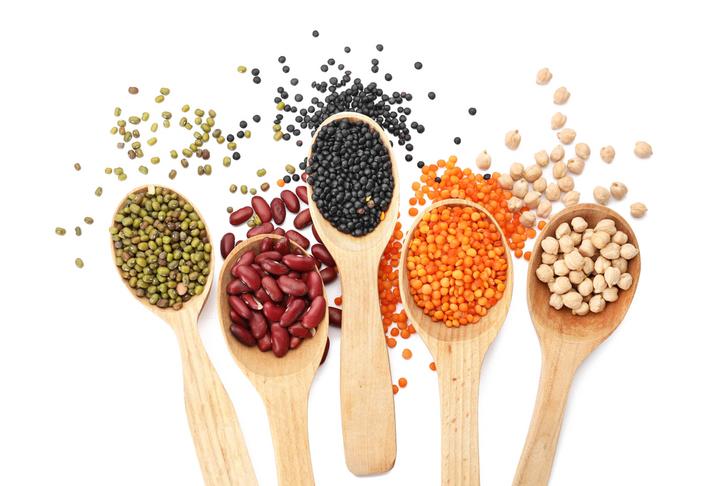
Advertisement
Avocado
Avocado is a nutrient-dense fruit that is high in magnesium, potassium, and healthy monounsaturated fats. One medium avocado contains 58 mg of magnesium, or 14% of the RDI [[2]]. Enjoy avocado on toast, in salads, or as a base for creamy smoothies.
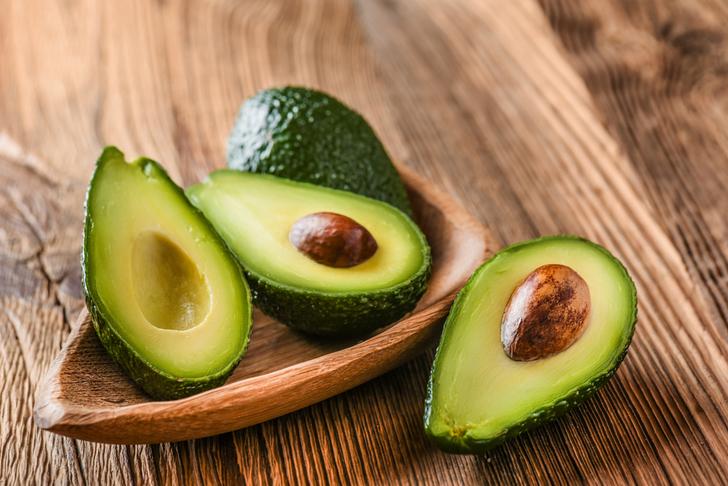
Advertisement
Dark Chocolate
Dark chocolate is not only a delicious treat but also a good source of magnesium. A one-ounce serving of dark chocolate with 70-85% cocoa content provides 64 mg of magnesium, or 16% of the RDI [[2]]. Opt for high-quality dark chocolate with minimal added sugars for the most health benefits.

Advertisement
Bananas
Bananas are well-known for their potassium content, but they are also a good source of magnesium. One medium banana contains 32 mg of magnesium, or 8% of the RDI [[2]]. Add bananas to your breakfast cereal, smoothies, or enjoy them as a portable snack.
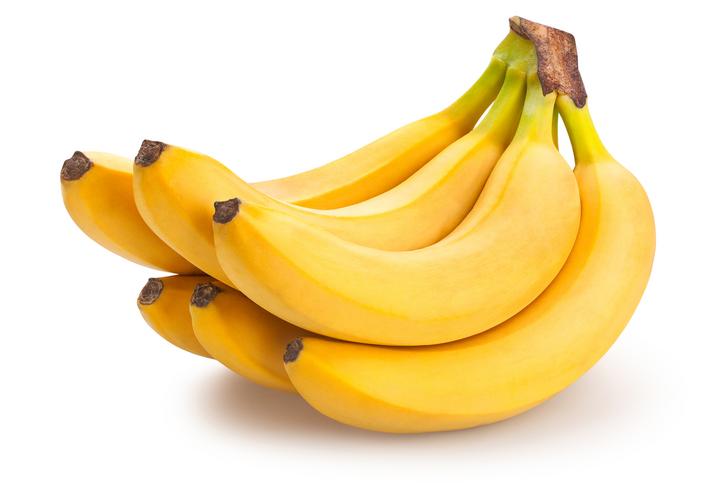
Advertisement
Fish
Fish, particularly fatty fish like salmon, mackerel, and halibut, are high in magnesium and omega-3 fatty acids. A six-ounce serving of cooked salmon provides 106 mg of magnesium, or 27% of the RDI [[2]]. Aim to include fish in your diet at least twice a week for optimal health benefits.

Advertisement
Yogurt
Yogurt is a good source of magnesium, calcium, and probiotics that support gut health. One cup of low-fat yogurt contains 42 mg of magnesium, or 11% of the RDI [[3]]. Enjoy yogurt with fruit and granola for breakfast or as a base for creamy salad dressings.

Advertisement
Tofu
Tofu, made from soybeans, is a versatile plant-based protein that is also rich in magnesium. A 3.5-ounce serving of tofu contains 53 mg of magnesium, or 13% of the RDI [[2]]. Tofu can be used in a variety of dishes, from stir-fries to smoothies.
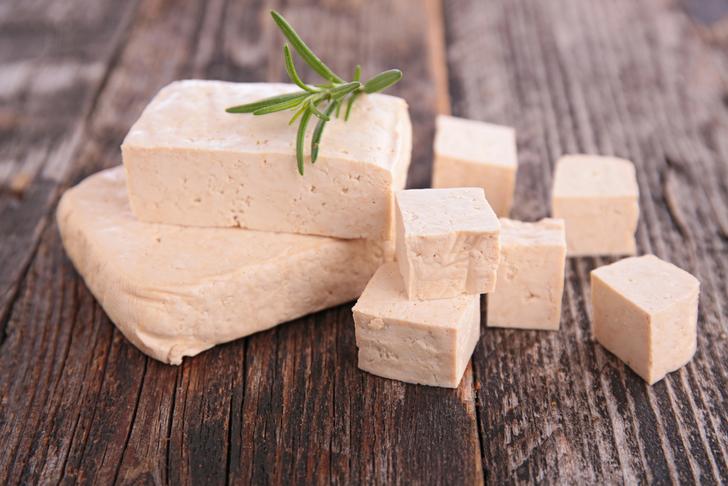
Advertisement
Health Benefits of Magnesium
Magnesium is a vital mineral that plays a crucial role in many aspects of human health. Here are some key health benefits of magnesium:
Bone Health: Magnesium is vital for bone formation, and it aids in the assimilation of calcium into the bone and plays a role in activating vitamin D in the kidneys—essential for healthy bones.
Cardiovascular Health: Magnesium contributes to heart health by helping maintain a regular heartbeat and potentially reducing the risk of hypertension and atherosclerosis.
Muscle Function: Magnesium helps with muscle contractions and relaxation, and a deficiency can lead to muscle weakness and cramps.
Migraine Prevention: Some research suggests that magnesium supplementation may help reduce the frequency of migraines.
Improved Mood and Brain Function: Magnesium plays a crucial role in mood regulation and brain function, and deficiencies have been linked with an increased risk of depression and anxiety.
Blood Sugar Control: Magnesium plays a role in glucose and insulin metabolism. It can assist in controlling blood sugar levels, especially beneficial for those with type 2 diabetes.
Advertisement
Conclusion
The health benefits of magnesium are many, including its essential roles in bone health, cardiovascular wellness, muscle function, mood regulation, and blood sugar control. It’s clear that this mineral plays a critical role in maintaining overall health.
In conclusion, the incorporation of magnesium-rich foods into your diet is a proactive approach to support overall health and prevent potential magnesium deficiency. By including a diverse range of these foods in your meals, you can ensure that you’re consuming sufficient amounts of this vital mineral. As with any dietary changes, it’s always advisable to consult a healthcare professional or nutritionist to tailor a plan to your specific needs.
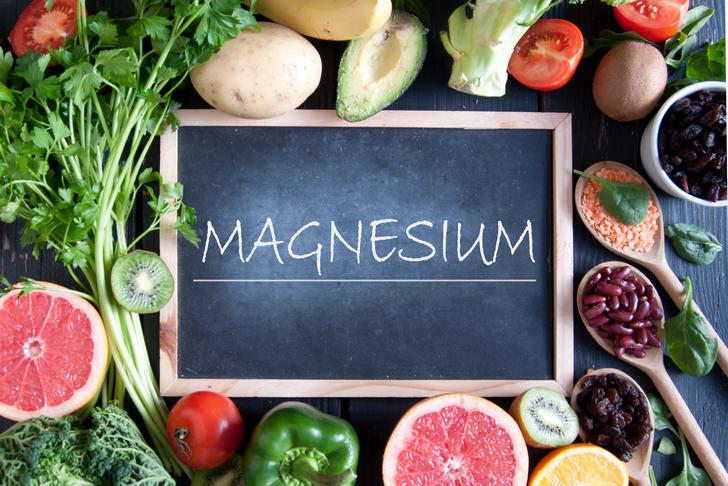
Advertisement





